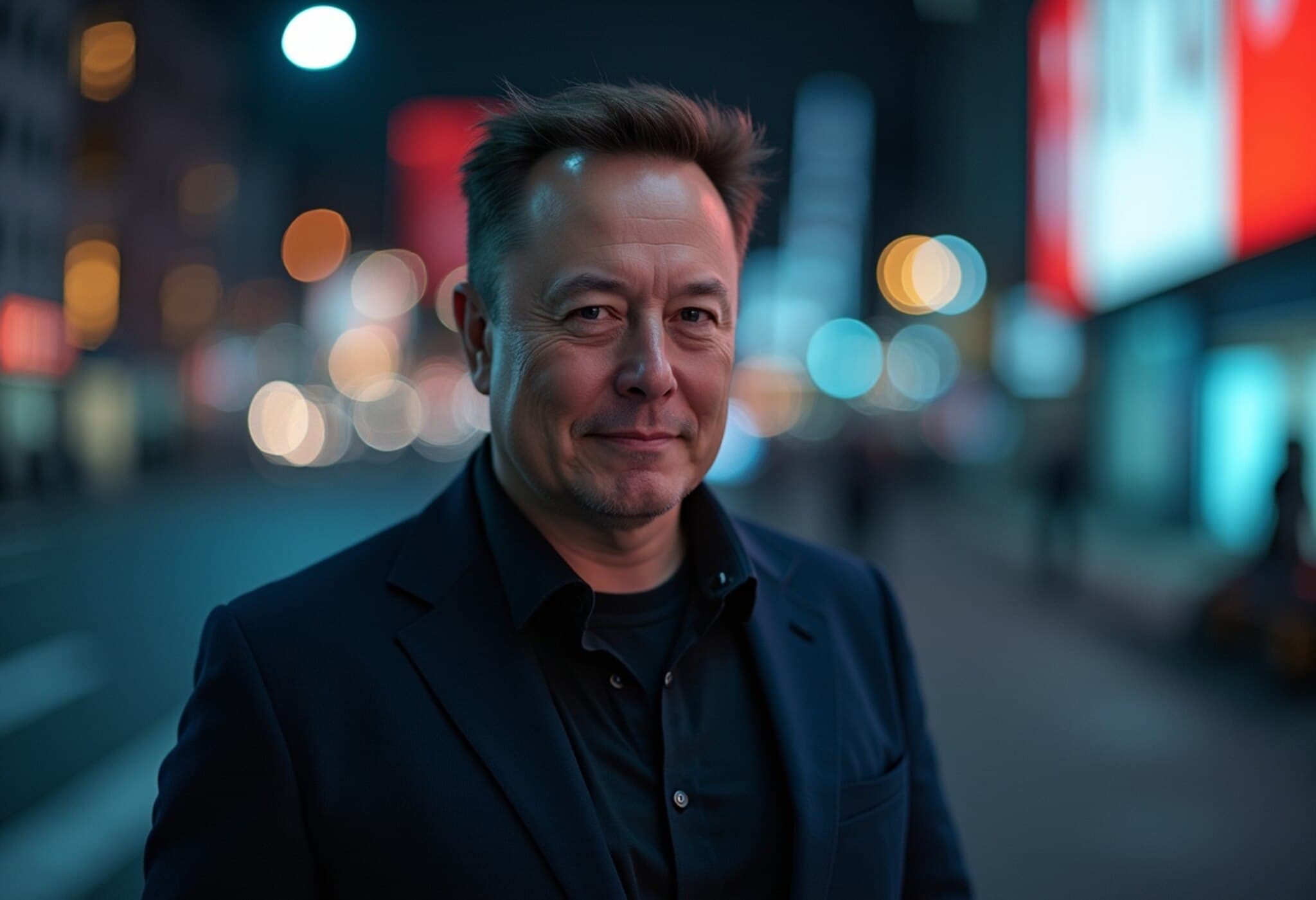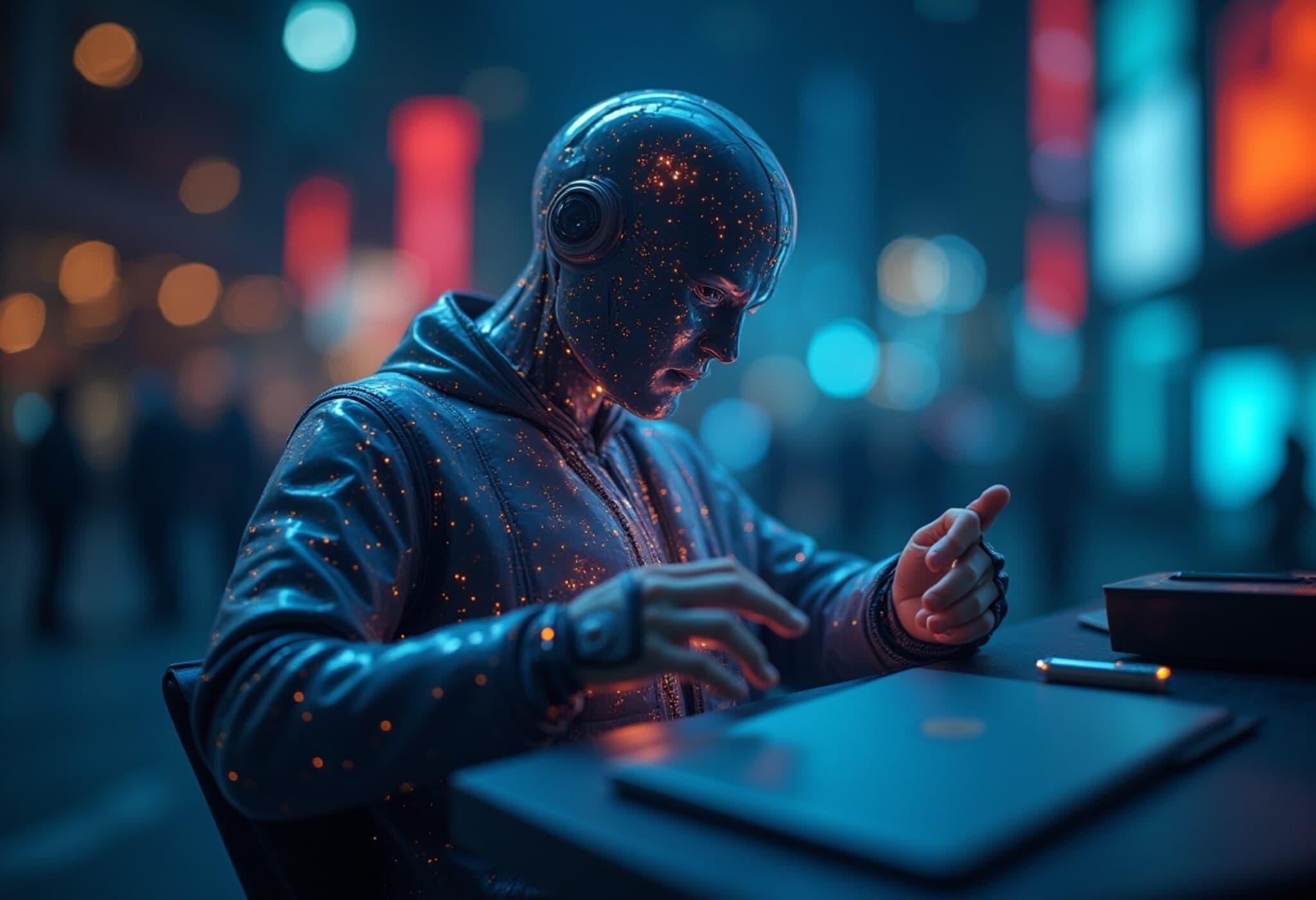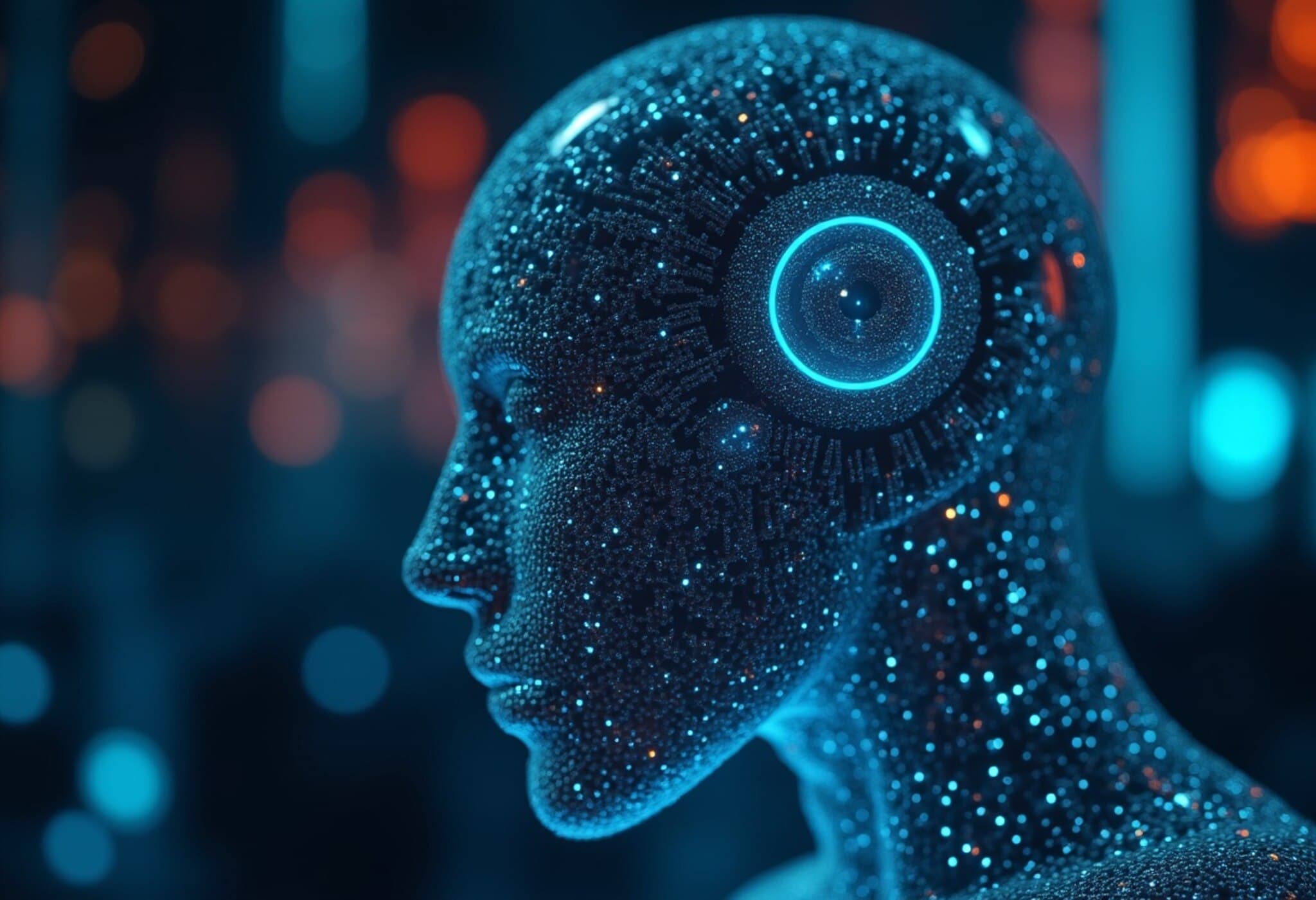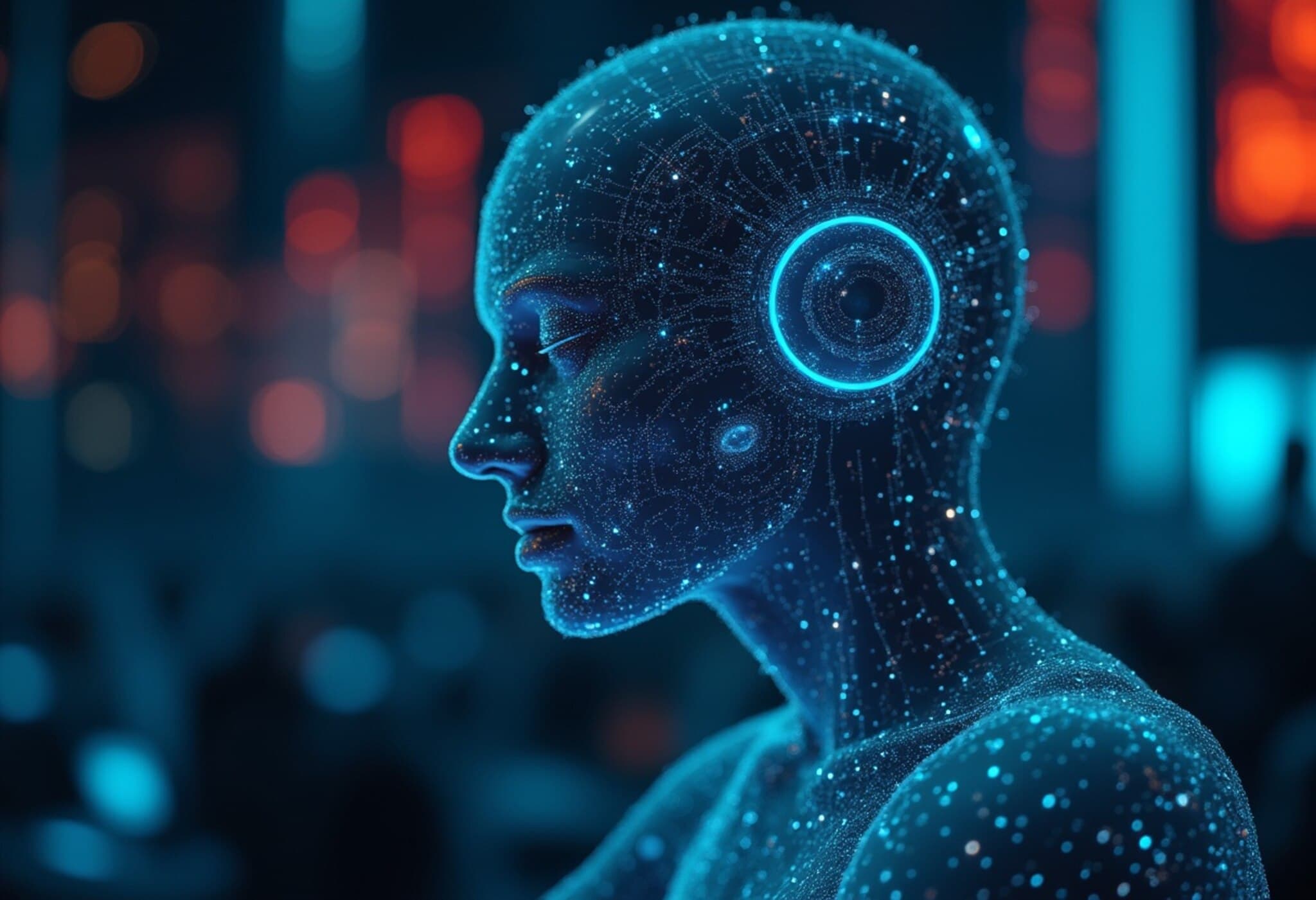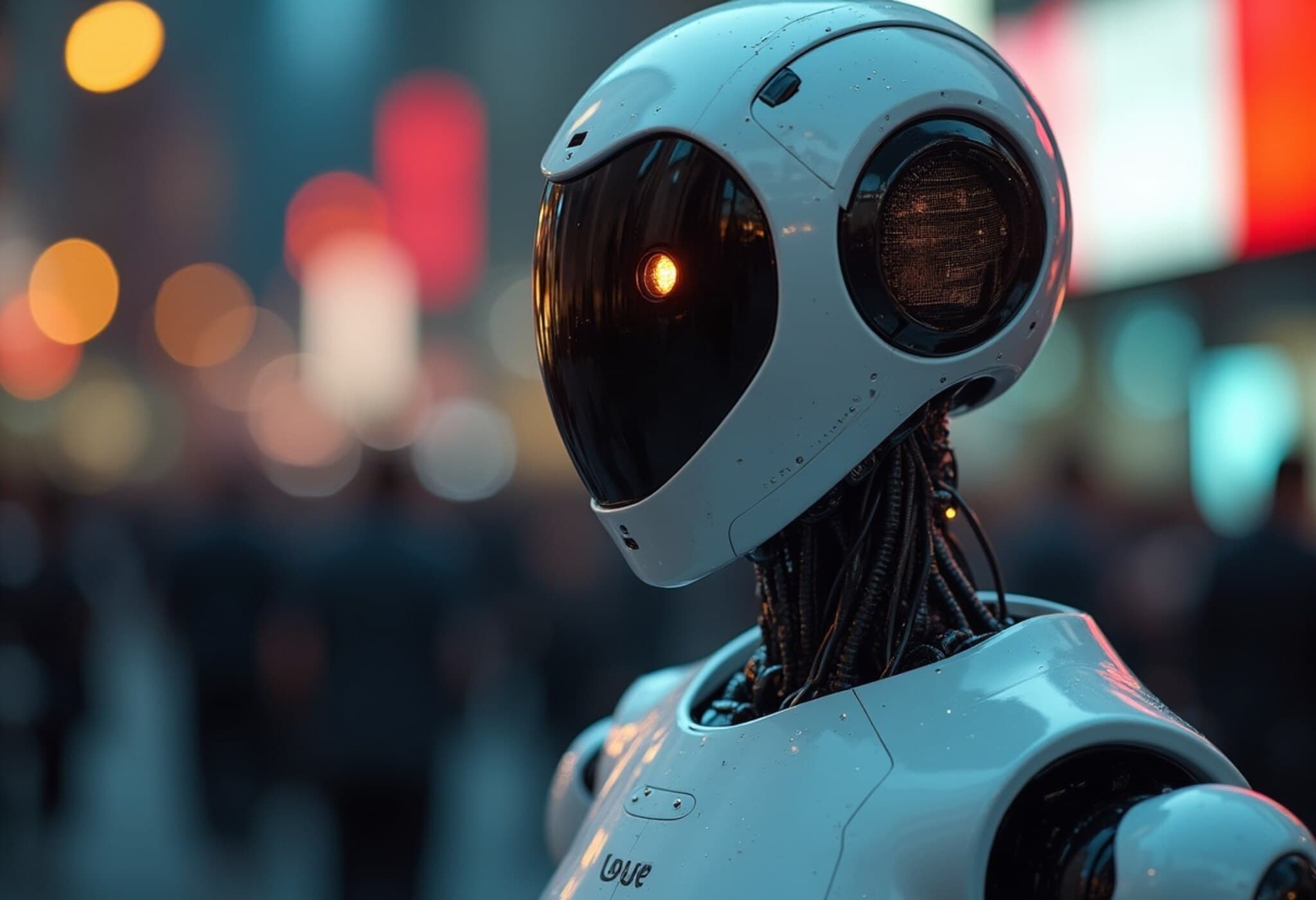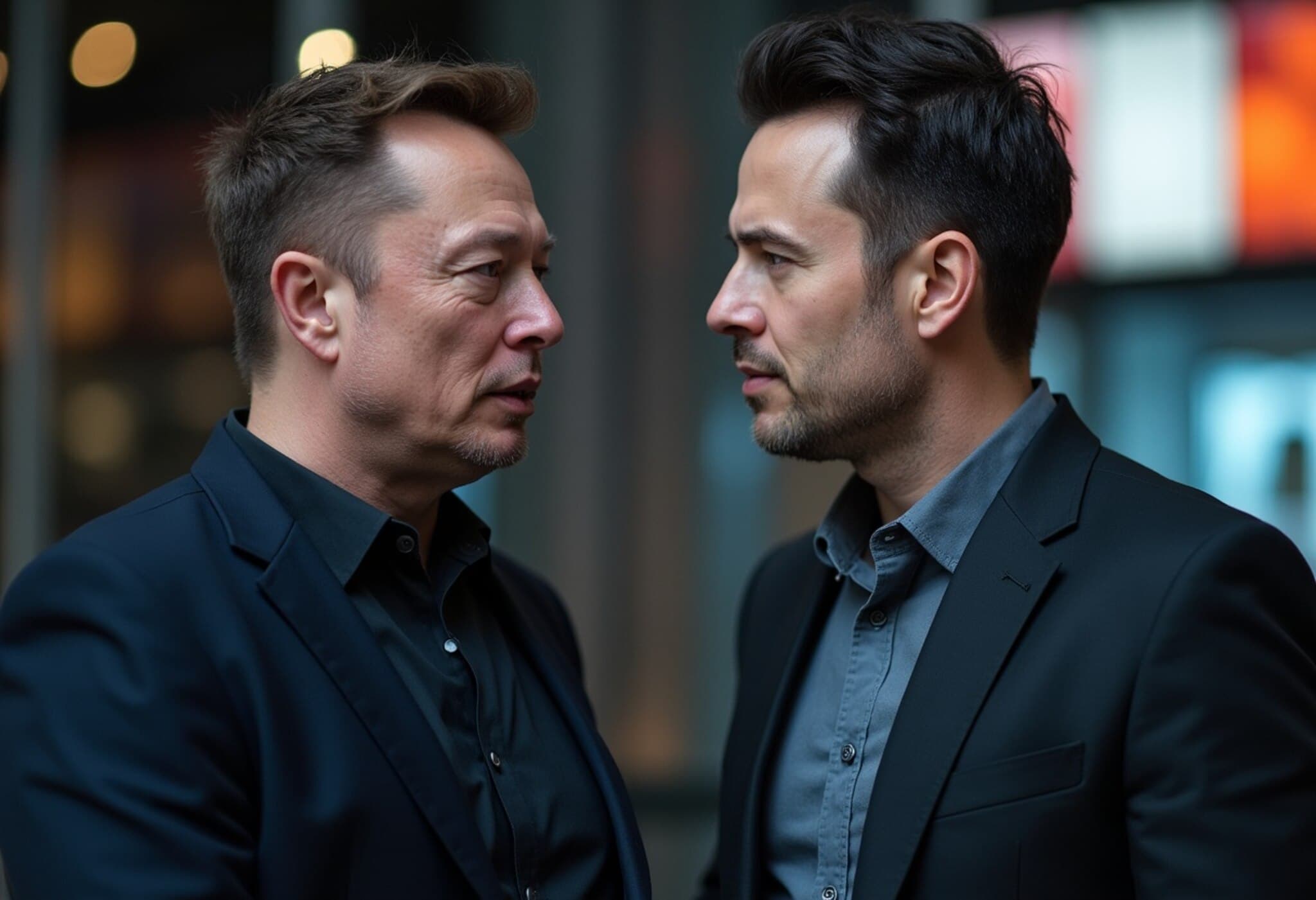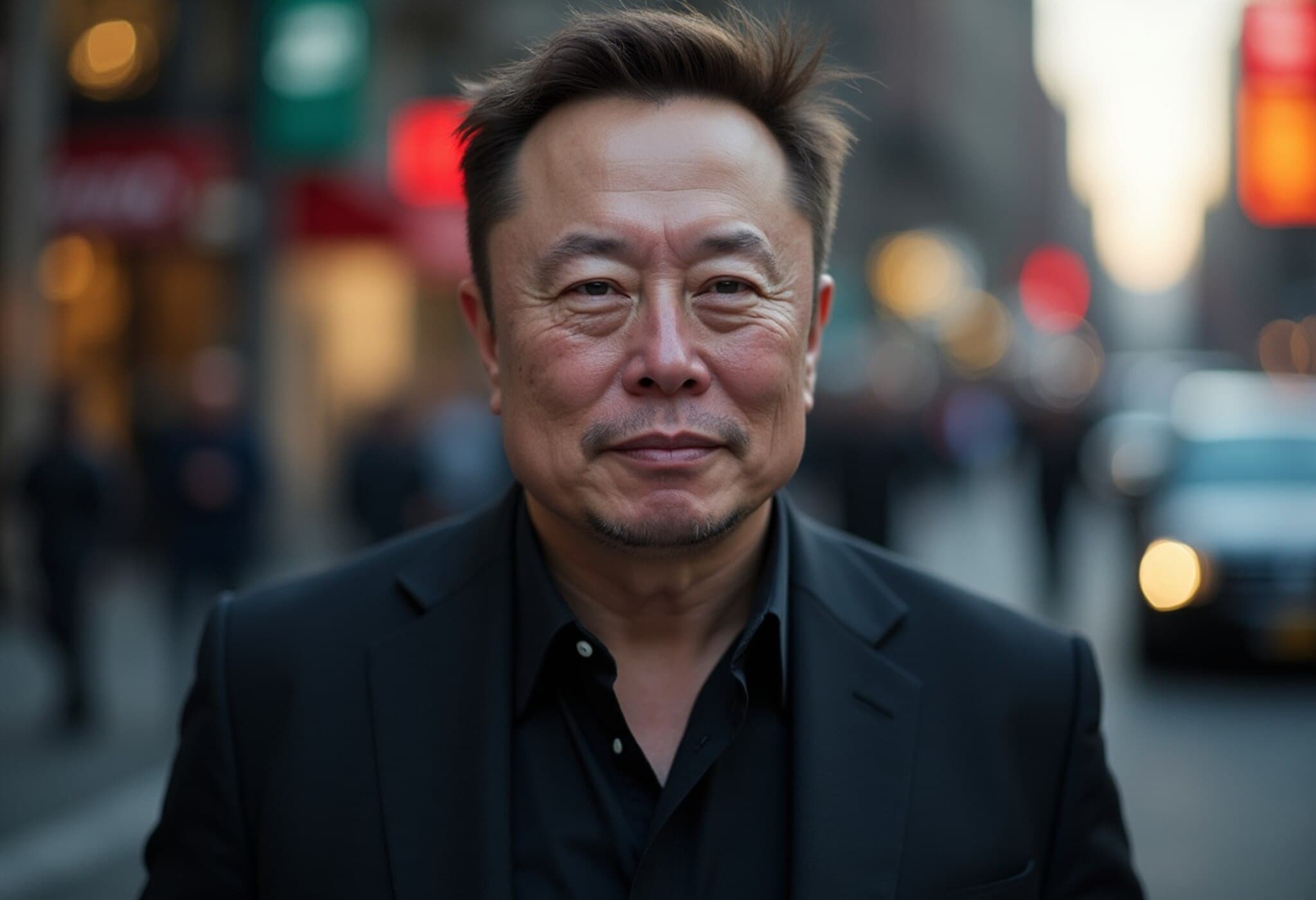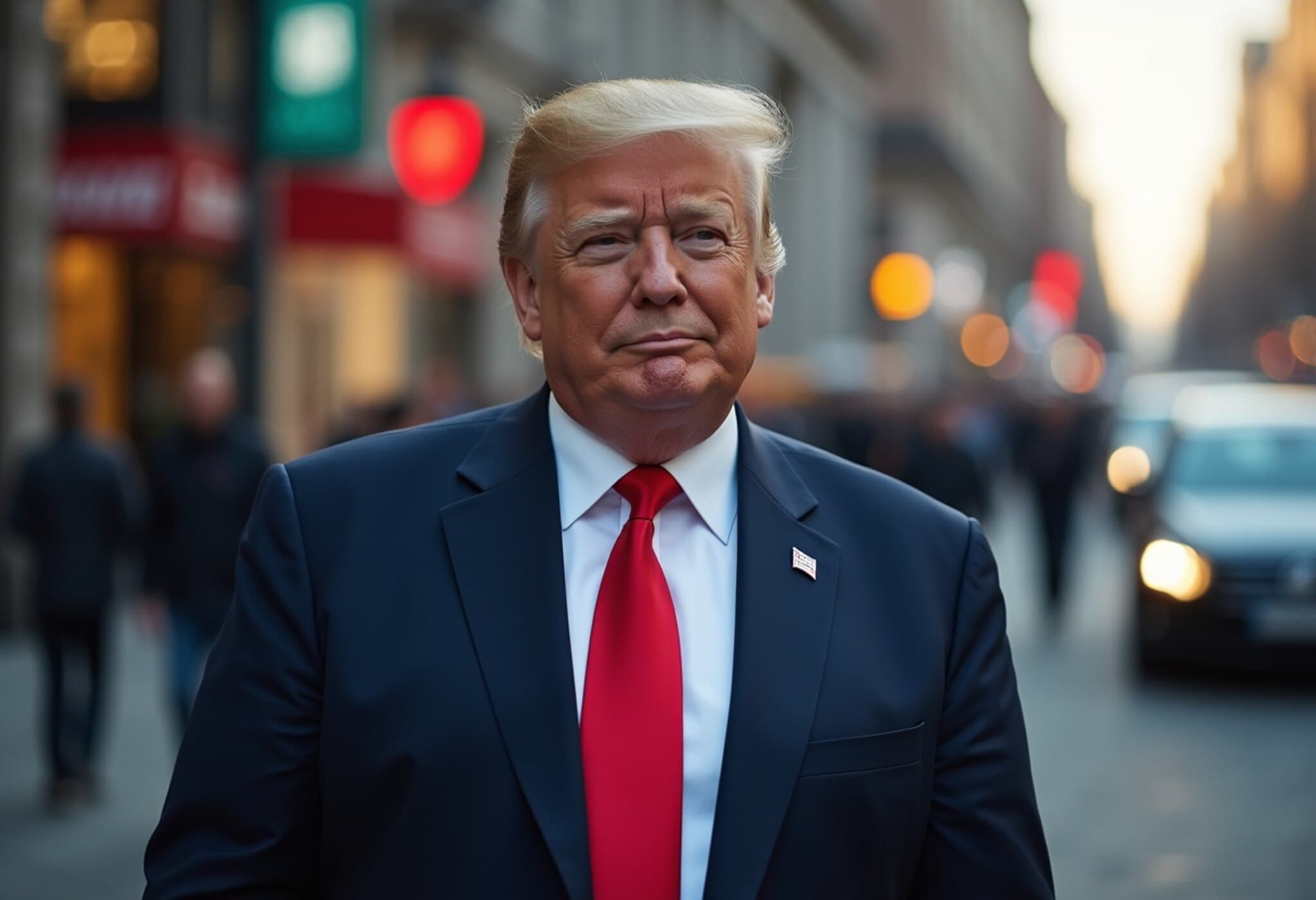Elon Musk’s xAI and X Launch Antitrust Lawsuit Against Apple and OpenAI
In a fierce legal move shaking up the tech landscape, Elon Musk’s companies, xAI and X, have filed a sweeping federal antitrust lawsuit against tech giants Apple and OpenAI. Filed this week in a Texas federal court, the 61-page complaint accuses Apple and OpenAI of colluding to stifle competition in the AI-powered smartphone ecosystem.
Allegations of an Exclusive AI Monopoly
The core of the lawsuit alleges that Apple and OpenAI formed an exclusive partnership, effectively locking out competitors from the generative AI market integrated into iPhone operations. Specifically, the complaint points to an agreement that grants ChatGPT – OpenAI’s leading AI chatbot – unique and exclusive access to Apple’s Siri voice assistant and other iPhone functionalities, leaving competitors like xAI’s own AI assistant, Grok, sidelined.
According to the complaint, OpenAI commands over 80% of the generative AI chatbot market share, while Apple dominates 65% of the US smartphone market. This mutual control, the lawsuit contends, warms a “tale of two monopolists joining forces” to maintain dominion over emerging and potentially transformative AI technology.
Impact on Competition and Consumer Choice
The lawsuit details how this alliance has far-reaching implications, including accusations that Apple delayed approval of updates for the Grok app and manipulated App Store rankings to favor ChatGPT. By harnessing access to billions of user prompts from hundreds of millions of iPhone users, ChatGPT is positioned as the unrivaled AI assistant on iOS devices, greatly restricting alternative AI innovation.
Elon Musk’s teams are not holding back. They are demanding a permanent injunction to halt these alleged anticompetitive practices and are seeking damages that could amount to billions of dollars. The plaintiffs have requested a jury trial to prove their case.
Behind the Legal Fireworks: Musk vs. OpenAI Leadership
This legal volley intensifies an already heated rivalry. Earlier this month, Musk’s accusations sparked a public spat with OpenAI CEO Sam Altman. Altman called Musk’s claims of ranking manipulation “remarkable,” retorting that Musk reportedly manipulates his own platform, X, to benefit his business interests while undermining rivals.
The tension between the two tech heavyweights dates back to their shared origins as OpenAI co-founders. Musk parted ways with OpenAI in 2018 but returned to the AI arena with the creation of xAI in 2023. His goal: to build competitive AI technologies rivaling OpenAI’s billion-dollar ecosystem established since the launch of ChatGPT in late 2022.
What This Means for AI Regulation and Market Dynamics
This lawsuit arrives amid a growing global discourse on regulating AI monopolies and ensuring fair market competition. The case underscores the challenges governments and industry stakeholders face as AI becomes a core pillar of digital life, raising critical questions:
- Can traditional antitrust laws adequately address fast-evolving AI market power?
- Should regulatory bodies scrutinize exclusive partnerships that concentrate AI capabilities in one ecosystem?
- How will this legal battle influence innovation trajectories and consumer access in AI-driven technologies?
This case could set a legal precedent, with ripple effects across Silicon Valley and global AI markets.
Statements from the Parties Involved
OpenAI has publicly dismissed the lawsuit as part of Musk’s “ongoing pattern of harassment,” emphasizing their commitment to competitive fairness. Apple, for its part, has not issued an immediate public response.
Editor’s Note
The unfolding antitrust suit from Elon Musk’s xAI and X against Apple and OpenAI encapsulates the high stakes and high tensions in today’s AI industry. As AI becomes deeply interwoven with everyday technology, this case is a litmus test for how monopolistic practices may be challenged in the digital age. Readers should watch closely: the outcome could redefine how emerging technologies are governed, impacting everything from innovation incentives to user choice on devices worldwide.
Further, it highlights the personal and professional rivalries that continue to shape the trajectory of AI development, raising questions about the balance between collaboration and competition in breakthrough technologies.

